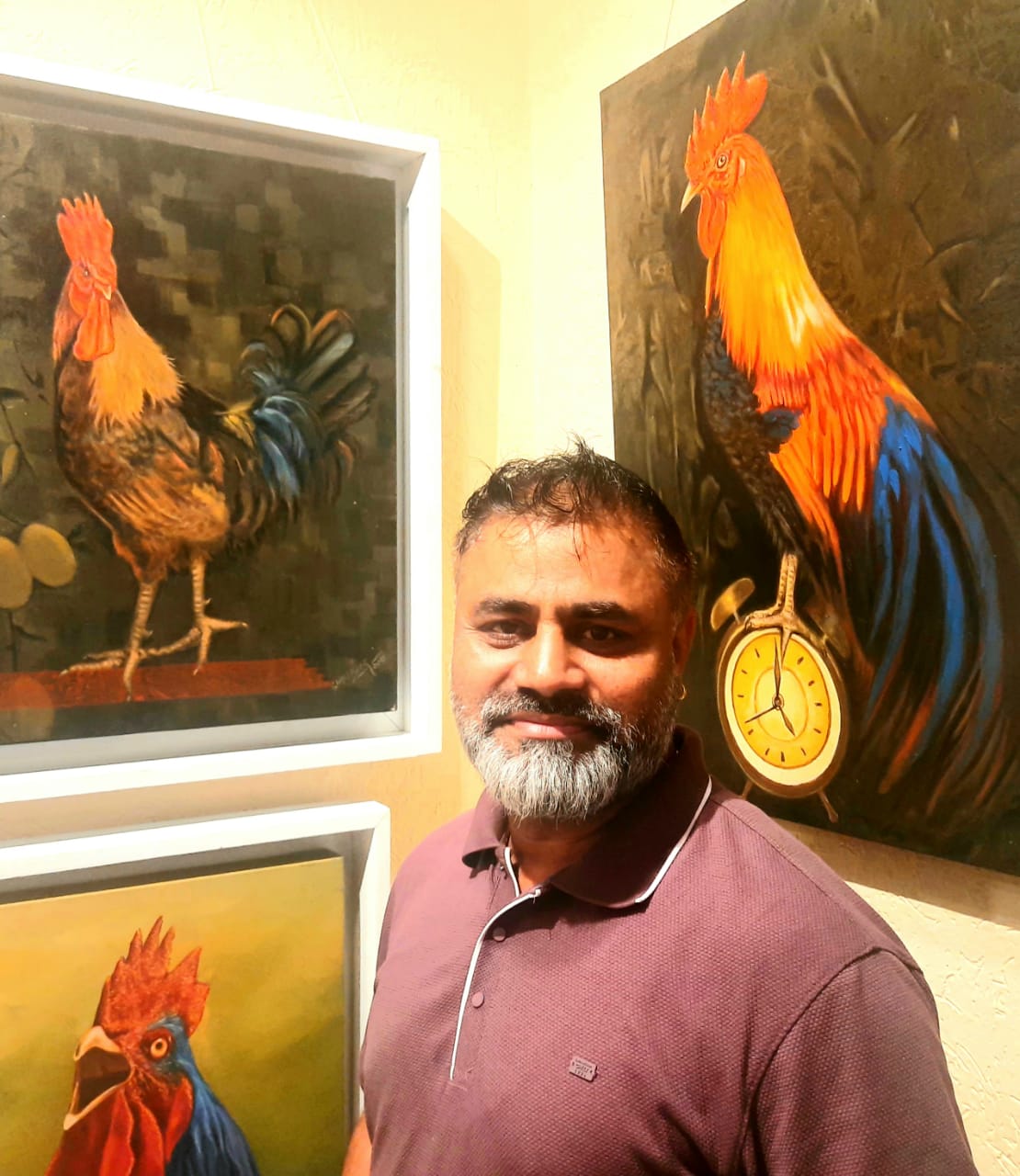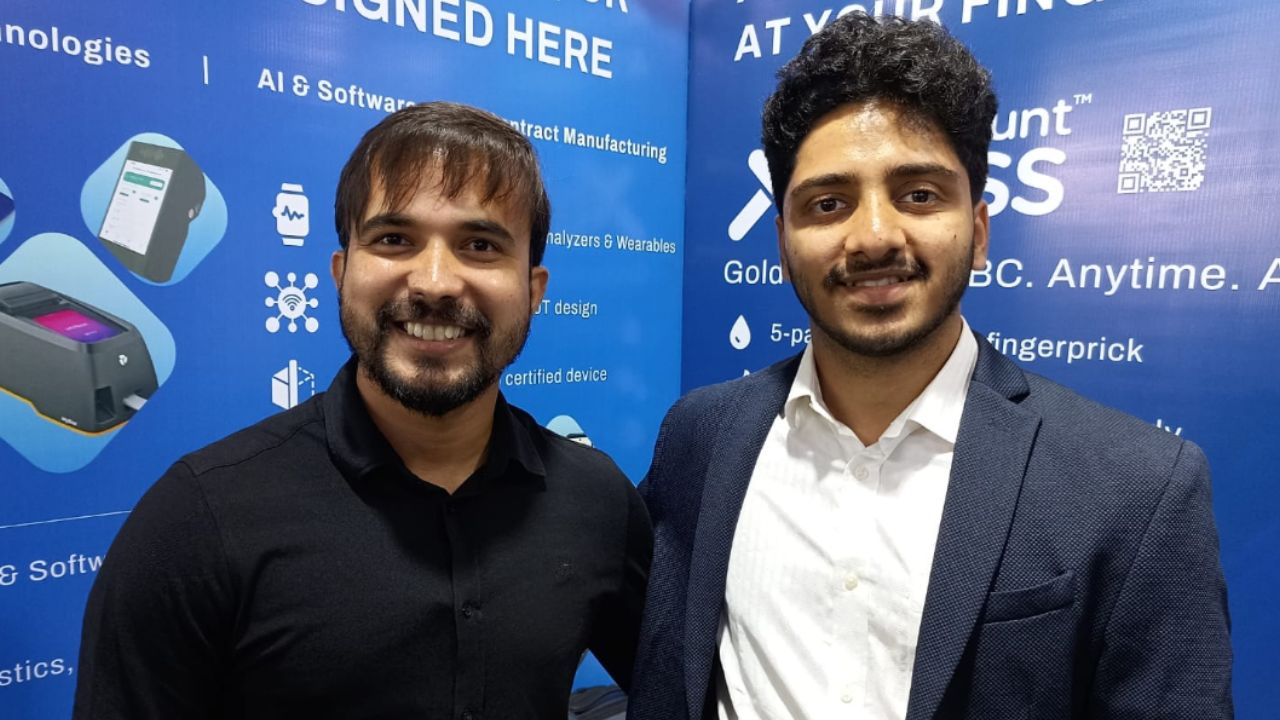Festo stands as a global leader in automation technology and industrial training, delivering cutting-edge solutions for factory and process automation. The company specializes in developing advanced automation and technical education solutions that equip individuals, businesses, and organizations for the digital future and emerging technologies.
Established in 1925, this German-based powerhouse operates across 250 locations worldwide. Festo has a presence in over 60 countries and services extending to 176 nations. Festo offers a comprehensive range of pneumatic and electric automation products, including actuators, valves, sensors, and control systems. Their innovations drive efficiency, precision, and sustainability across manufacturing, automotive, electronics, and food and beverage industries.
Festo is not just an automation leader but a pioneer in technical education. Through its Didactic division, Festo provides top-tier learning systems, courses, and certifications in areas like mechatronics, robotics, and Industry 4.0, preparing the workforce for the future of industry.
With a strong commitment to research and development, Festo continues to push the boundaries of intelligent automation. Their focus on digitalization and smart manufacturing enables customers to achieve higher productivity and greater flexibility in an evolving industrial landscape. Sustainability is at the heart of Festo’s vision, as they design energy-efficient products that minimize environmental impact. By combining innovation with a customer-centric approach, Festo remains at the forefront of global industrial transformation.
In an exclusive conversation with The Interview World, Harish Nachnani, Head of Didactic at Festo India Pvt. Ltd., highlighted the company’s bespoke technical training programs aimed at enhancing learning and skill development. He provided valuable insights into skill enhancement following these programs and discussed trends in skill proficiency across India over the past decade. Here are the key takeaways from his insightful interview.
Q: How is Festo contributing to the education sector, and what innovative products and solutions does it offer to enhance learning and skill development?
A: Festo, a German leader in industrial automation, excels in manufacturing pneumatics, process automation, and electric drives. As part of the Festo Group, Festo Didactic has been delivering world-class learning and training solutions globally since 1965.
We specialize in providing comprehensive training in the manufacturing sector, covering everything from basic electrical and mechanical skills to advanced topics like pneumatics, hydraulics, PLCs, mechatronics, and Industry 4.0. Furthermore, our expertise extends to process automation, offering a wide range of electrical training programs—from foundational home circuits to renewable energy systems and smart grid technologies.
While the hardware displayed at our booths often takes center stage, it’s only part of the story. The real value lies in the curriculum and content that drive these systems. We also integrate advanced simulation software with our hardware, creating a truly blended learning experience. This approach engages students by showing them how to digitize their training in today’s fast-evolving industrial landscape.
Our digital learning platform, Festo Learning Experience (LX), takes training to the next level. We offer a holistic approach that combines hardware, software, teachware, and trainer education, supported by a cutting-edge digital platform. This comprehensive solution ensures that learners receive a fully immersive and innovative training experience.
Q: Is Festo also offering skill-based training programs tailored for professionals in the corporate sector?
A: At Festo, our training covers the entire spectrum, from ITIs to IITs, addressing the needs of all levels in the manufacturing sector. As a global leader in manufacturing automation, we extend our expertise to support diverse industries, including automotive, food and beverage, print packaging, pharma, and biotech.
We understand the specific training requirements of these industries and work closely with them to meet those needs. Whether it’s partnering with companies like Volkswagen, Toyota, ITC, CEAT, or others, we don’t just provide training for their employees—we also help establish their training centers. For example, we collaborated with Kia Motors two years before they launched their first car in India, assisting them in setting up a comprehensive training center.
Our involvement goes beyond providing infrastructure. We offer complete solutions, including teachware, content, curricula, and trainer development. In many cases, companies even engage our expert trainers to deliver hands-on training directly to their workforce. Through this holistic approach, we ensure our partners are equipped with the knowledge and skills needed to stay ahead in their industries.
Q: How do you assess the improvement in skills after training professionals, and what specific impact does it have on their day-to-day work activities?
A: We’ve observed varying levels of confidence among participants during our training programs. For instance, when we conduct sessions for public sector units (PSUs), we often train professionals with 15-20 years of experience.
When these seasoned employees first enter the training room, they project an air of knowing everything, likely because their company sent them as a recommendation. Our trainers sense this dynamic immediately. However, after just half a day, we witness a remarkable shift—these very individuals become the most eager to engage with the equipment.
Often, people in the industry operate on autopilot, performing tasks subconsciously through repetition. They may not realize whether their approach is optimal, but they continue with what they know. Our training makes them aware of the conscious decisions involved in their work.
This newfound awareness significantly improves their performance in both regular maintenance and predictive maintenance tasks. We’ve consistently seen a profound transformation in professionals who undergo structured training, from seasoned workers to those just starting their careers.
Q: Skill India offers similar training programs in emerging technologies. Do you have any collaborations or partnerships with Skill India?
A: We collaborate with various government entities, both public and private sectors. Our support extends to numerous Industrial Training Institutes (ITIs) across the country. For example, we’ve contributed to the development of Odisha’s World Skill Center and have supported initiatives in Uttarakhand as well.
We are also actively engaging with the Tamil Nadu and Karnataka governments to provide our expertise. Our involvement includes aiding government ITIs and partnering with the National Skill Development Corporation (NSDC) to integrate skill training into the WorldSkills platform.
Since 1991, Festo has been a founding partner of the WorldSkills competition, serving as the first global industrial partner. We support key trades such as mechatronics, water technology, Industry 4.0, and renewable energy. Our comprehensive support spans across these diverse fields.
Q: After 10 years of government focus on skill development, where does India currently stand in terms of skill proficiency? Have you observed any significant improvements or trends?
A: While we observe definite improvements in the chart, we find the progress to be unstructured and fragmented. The advancements occur in isolated instances, which do not collectively contribute to a cohesive outcome. Thus, the improvements remain piecemeal rather than integrated.
There is a recurring discussion about the gap between academia and industry, frequently highlighted in panel discussions across various forums. However, these discussions have not yet translated into structured, actionable solutions. We strongly advocate for more structured programs to bridge this gap. At Festo, we firmly believe that hands-on skills training is crucial for India’s future in manufacturing. To drive growth in this sector, we need a more organized approach to skill development.









